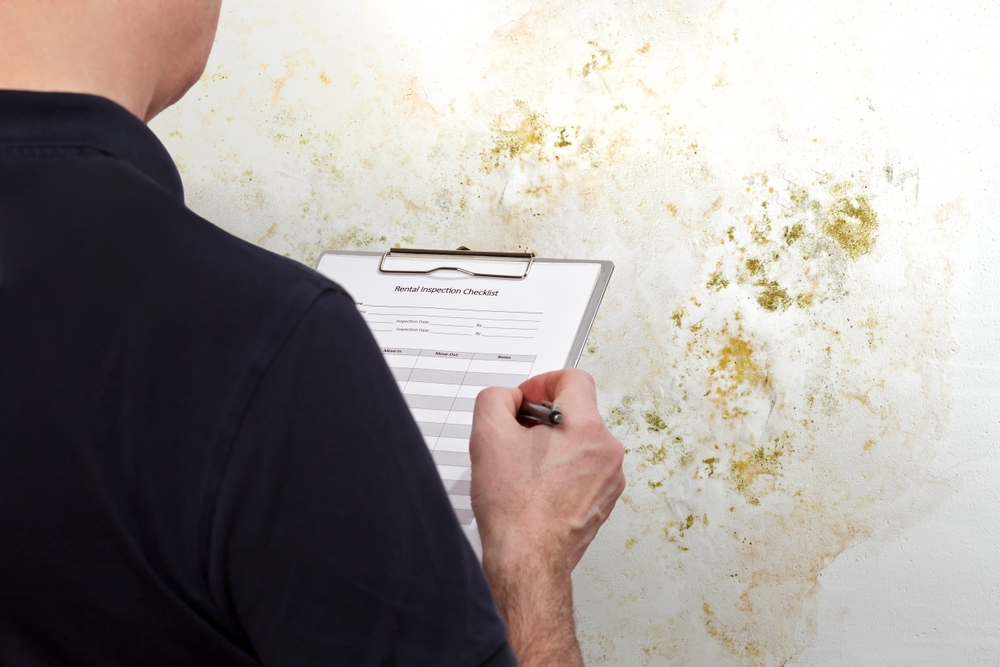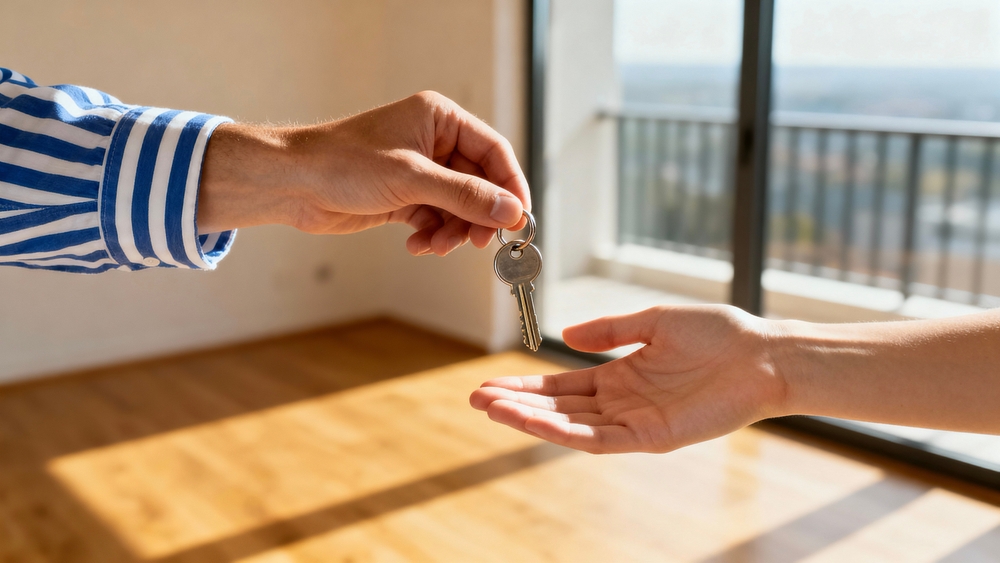
Mold is one of the most daunting challenges that landlords and property owners can face. Not only does it pose significant health risks to tenants, but it also causes extensive property damage that can be costly to repair. Ensuring that your rental property remains mold-free is crucial for tenant satisfaction and maintaining property value. This article explores the basics of mold, how to identify it, and effective strategies for both tenants and landlords to combat it.
Mold is a type of fungus that thrives in damp, dark environments. It releases spores into the air, which can cause respiratory problems, allergies, and other health issues if inhaled regularly. Mold is especially dangerous in rental properties as it can quickly spread and cause extensive damage if not addressed promptly.
For individuals with allergies or asthma, mold exposure can lead to severe health issues, including fevers and shortness of breath. Prolonged exposure can cause long-term health problems.
Mold can appear in various parts of a rental property, particularly in areas that are prone to moisture and poor ventilation. Common locations include:
1. Immediate Reporting: Tenants should report any signs of mold to their landlord or property management company immediately. Prompt action can prevent mold from spreading and causing further damage.
2. Preventative Actions:
3. Cleaning Tools: Tenants can handle small mold patches with protective gloves, mold cleaner, and disinfectant bleach. Always wear gloves to protect the skin from harsh chemicals.
4. Health Precautions: If mold is causing health issues, tenants should avoid the affected area and inform their landlord immediately. It's crucial to prioritize health and safety over DIY mold removal.
5. Educate Yourself on Mold: Tenants should familiarize themselves with mold and its potential dangers. Understanding what to look for and how to act can prevent minor issues from becoming major problems. Knowledge about mold can also help tenants identify the right products for cleaning and preventing mold.
6. Keep an Eye on Humidity Levels: Humidity levels play a significant role in mold growth. Tenants should use dehumidifiers in areas prone to moisture and ensure that humidity levels remain below 60%. Keeping the indoor air dry can significantly reduce the risk of mold growth.
1. Professional Inspections: Hire a plumber to inspect and fix any leaks that may be causing mold growth. Professional inspections can identify hidden issues and provide long-term solutions.
2. Installing Exhaust Fans: Investing in exhaust fans for bathrooms and basements can significantly reduce humidity levels and prevent mold growth. While the initial cost may be high, it is more economical than repeated mold removal.
3. Post-Flood Protocols: After any flooding, ensure the property is thoroughly dried before allowing tenants to move back in. Use fans and dehumidifiers to dry the space completely and prevent mold from taking hold.
4. Regular Maintenance: Conduct regular inspections and maintenance to identify potential mold issues early. Routine checks can prevent small problems from becoming significant issues.
5. Educate Tenants: Landlords should educate their tenants about the importance of reporting mold and maintaining good ventilation. Providing tenants with information on how to prevent mold can help minimize the risk.
6. Upgrade Property Infrastructure: Consider upgrading the property’s infrastructure to prevent mold growth. This could include installing vapor barriers in crawl spaces, using mold-resistant paint, and ensuring proper drainage around the property.
7. Implement Mold-Resistant Building Materials: Using mold-resistant building materials during renovations or new constructions can be a proactive measure. These materials are designed to withstand moisture and prevent mold growth, providing long-term protection for the property.
Safe Mold Removal: For minor mold issues, tenants can use mold cleaner and bleach to clean the affected area. For severe cases, it's best to hire professional mold removal services to ensure thorough and safe cleanup.
Long-term Maintenance:
Professional Mold Remediation: In cases where mold has spread extensively, professional mold remediation may be necessary. This process involves specialized equipment and techniques to remove mold safely and effectively. Hiring a professional ensures that all mold spores are eliminated, preventing future outbreaks.
Regular Property Inspections: Regular property inspections by landlords or property management companies can help identify mold issues before they become severe. Inspections should focus on areas prone to moisture, such as basements, bathrooms, and kitchens.
Use of Dehumidifiers: Dehumidifiers can be an effective tool in controlling indoor humidity levels. Installing dehumidifiers in basements and other high-humidity areas can help prevent mold growth.
Proper Ventilation: Ensuring that all areas of the property are well-ventilated can significantly reduce the risk of mold. This includes using exhaust fans in bathrooms and kitchens, and opening windows to allow fresh air to circulate.
Addressing Water Damage Promptly: Any signs of water damage, such as stains on walls or ceilings, should be addressed promptly. Water damage can lead to mold growth if not treated quickly. Repairing leaks and drying out affected areas can prevent mold from taking hold.
Implementing a Mold Prevention Plan: Landlords can create a mold prevention plan that includes regular maintenance checks, tenant education, and quick response to any mold-related issues. This proactive approach can help keep the property mold-free and ensure tenant satisfaction.
Mold is a persistent problem that requires prompt and effective action to manage. By understanding the basics of mold, identifying high-risk areas, and implementing preventive measures, both tenants and landlords can work together to keep rental properties mold-free. Regular maintenance and professional inspections are crucial for long-term mold prevention.
Call to Action
Protect your rental properties and ensure tenant satisfaction with professional mold management services. Contact Gordon James Realty today for expert advice and comprehensive property maintenance solutions. Visit Gordon James Realty Property Management to learn more and safeguard your investment.

Thinking about subdividing a single-family home? Learn the pros, cons, zoning rules, and risks landlords should consider before converting to multifamily.

A complete guide for landlords on building a tenant welcome packet that improves communication, reduces issues, and supports long-term tenant retention.
We're proud to make partnering with us easy. Contact our team to connect with one of our industry experts and get started today.